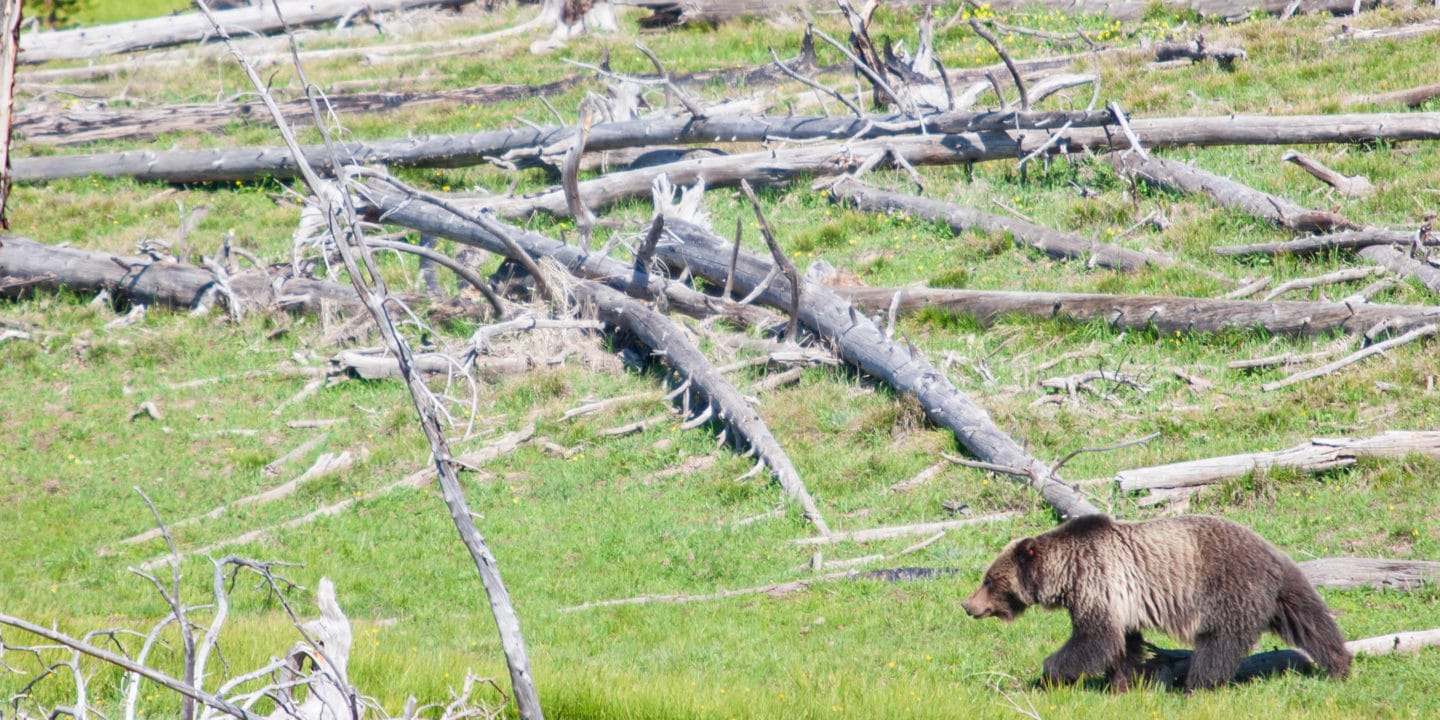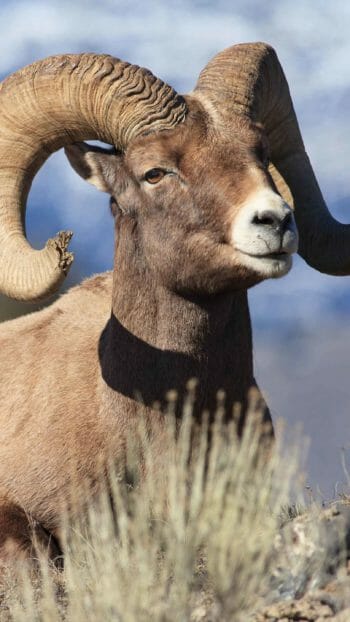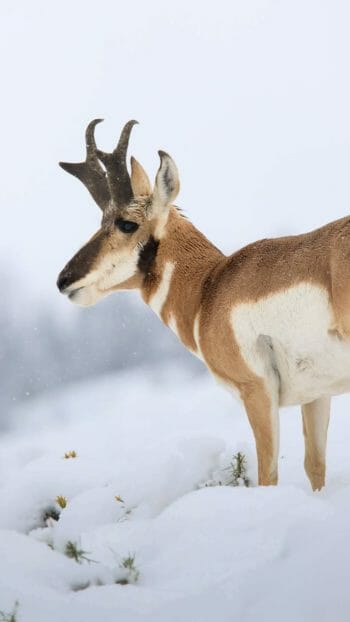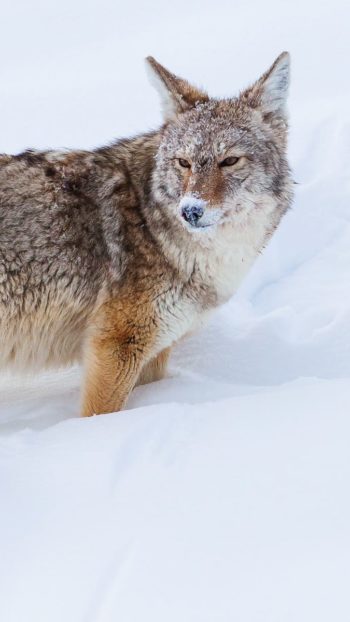With the creation of Yellowstone National Park in 1872, modern society took its first step in acknowledging the true value of preserving wild landscapes. Since then, the US National Park Service has gone on to protect over 85 million acres, ranging from the Everglades to the Gates of the Arctic. This ongoing mission of preservation is working to keep natural spaces as untamed and undisturbed by human activity as possible, along with constant management to maintain or restore native ecosystems.
Conservation & Preservation
In 1876 the US Forest Service was created, and a new means to manage nature was further developed. This federal agency has a similar mission to the National Park Service, with one difference that is so slight on paper, but is major in practice. Parks like Yellowstone have been set aside from any settlement, occupancy or sale. National Forests are instead managed to sustain natural resource usage for present and future human generations. This is the practice of conservation, which allows humans to continue living off the land and utilizing its resources, but in a regulated manner so natural habitats are not destroyed and wildlife or plant species are not lost to extinction. In all reality, opening up a wild place like Yellowstone National Park to visitation requires a degree of conservation too. Constructing roads, visitor centers, overlooks, trails and campgrounds all creates the opportunity for visitors to utilize this incredible resource. Park rangers, entrance stations and established rules and regulations all contribute to conserving this natural asset. Tour companies, like Yellowstone Safari Company, play an important role in carrying out this mission too. Through education and showing people how amazing places like Yellowstone are, we carry with us the sacred responsibility to help continue this conservation story.
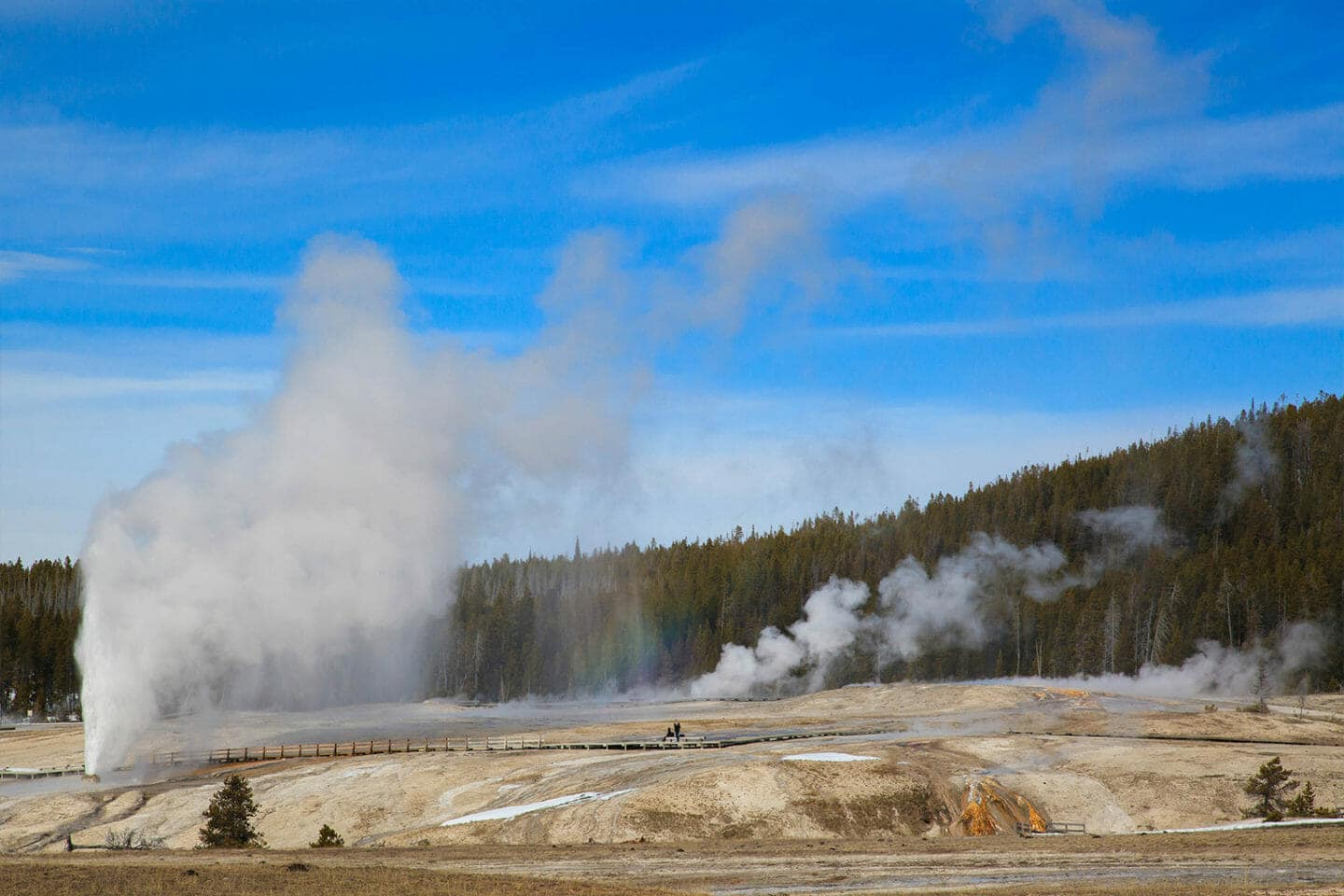
Ecotourism for Conservation
Yellowstone Safari Co. was started back in 1991, sprouted from a love of the wilderness and a desire to promote conservation through adventure ecotourism. Our National Parks could and should exist whether or not they’re popular or profitable, but by coupling some level of capitalism with conservation, these parks can truly bridge all areas of the ideological spectrum. As tour operators working in Yellowstone, it is both our duty and our desire to use our influence to support a strong message of sustainability, so that the joy we receive from this iconic park can be extended to generations far into the future.
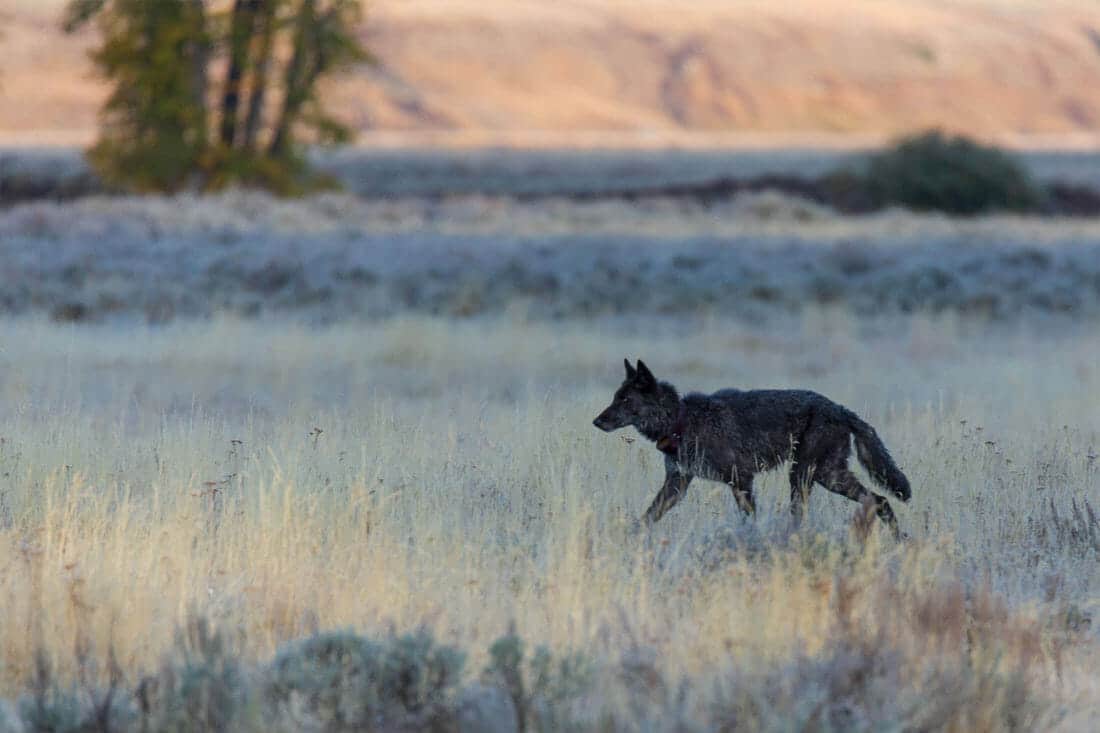
Sustainability for the Future
One of the strongest cases that we can make for the sustainability of a protected area is when we can undeniably celebrate both the ecological and economic benefits involved. In 2018, the US National Park System helped generate over $40 billion dollars in related revenue, and supported almost 330,000 jobs, all the while protecting habitat for thousands of species of plants and animals, including more than 600 of which that are listed as “threatened” or “endangered”. While other conservation models are tested around the world, here in the United States, the preservation of our most precious landscapes has proven, so far, to be a reliable conservation model. The responsibility is now on us to continue that legacy into the future, adapting to changing climates, animal behaviors, human inventions and economic factors, while protecting our most vulnerable habitats and species.
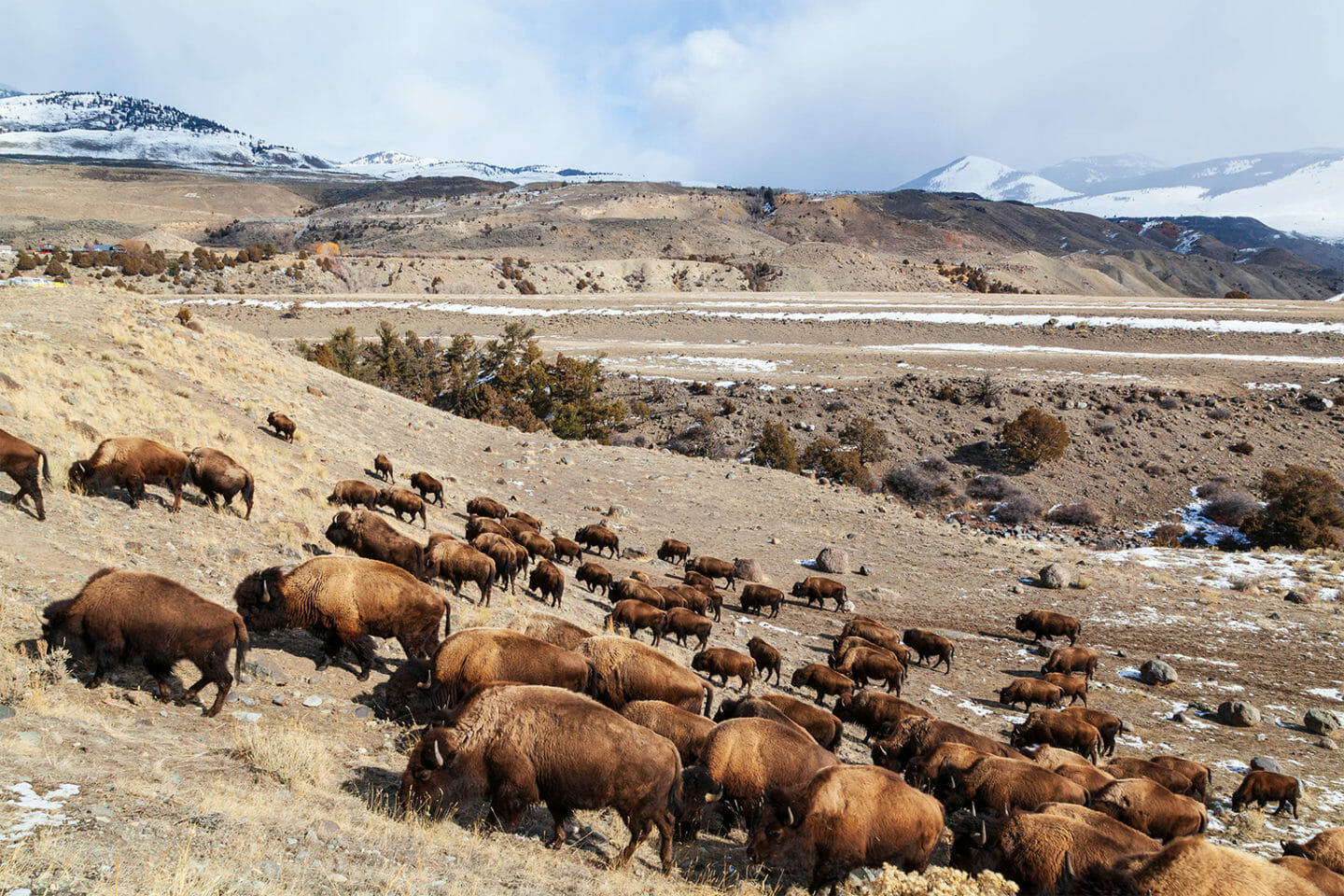
Professional Naturalist Guides
As guides here in Yellowstone National Park, your safety, education and enjoyment are our top priorities. We all have some form of backcountry medicine training, whether that be a Wilderness First Aid or Wilderness First Responder certification. Our combined knowledge of and experience within Yellowstone allows us to provide a tour that will be secure and memorable. We aim to instill within you a conservation ethic that will go far beyond the park boundaries, whether it’s something as simple as toting our reusable water bottles with you on your next hiking expedition, or broadcasting what you learned to friends and followers on social media. Our goal is to have satisfied customers that are also proud new advocates for conservation. The wilderness sustains and uplifts us, and it’s our job to return the favor.

